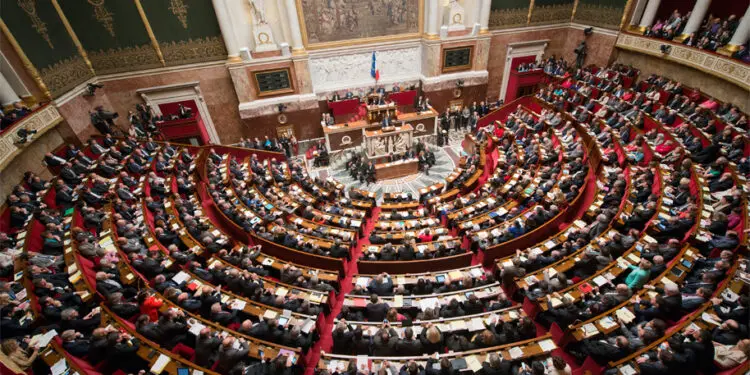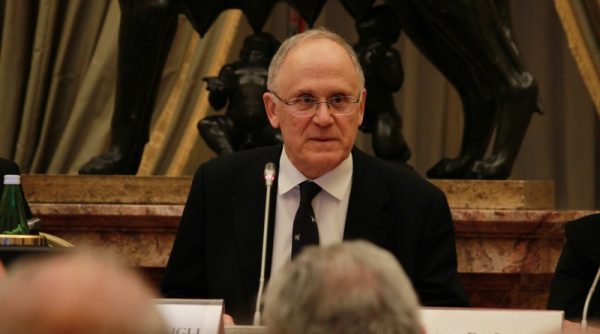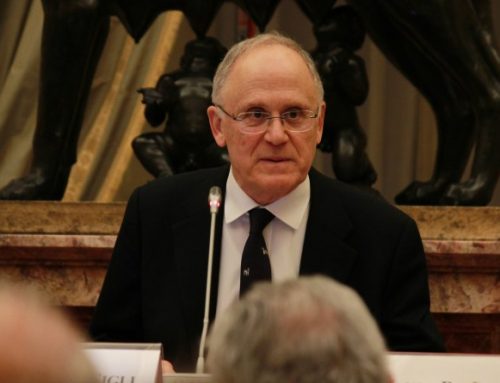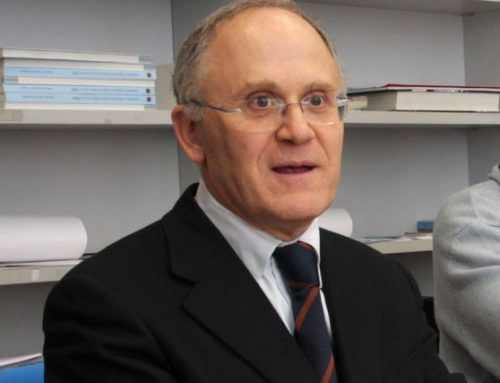Abortion in the Constitution. The drift of the French model

The seat of the Assemblée Nationale
by Gian Luigi Gigli
“Freedom, freedom: how many crimes are committed in your name!”
In reflecting on the recent vote of the Assemblée Nationale (the French Chamber of Deputies), in favor of the introduction of the “right” to abortion in the Constitution, the thought inevitably returns to the famous phrase pronounced by the Girondin Madame Roland while she was being led to the guillotine.
Over the course of less than 50 years, voluntary abortion, catalogued as criminal in the obstetrics and gynecology manuals then in use in Italian universities, has been progressively redefined in current communication as a painful choice to be decriminalized, a free choice to be supported and protected, a de facto right with consequent censure by Europe towards States that still impose some limitations. written law in the laws of many countries. No one, however, had yet thought of including abortion among the constitutionally guaranteed rights.
At other times in history, there has been a misalignment between the rights of human beings (not necessarily considered persons) and the civil rights of citizens. Suffice it to say that as late as 1857 the Supreme Court of the United States could reaffirm that black human beings were not persons and did not enjoy the rights of citizens.
Today, discrimination is once again realized with voluntary abortion for the embryo and the fetus, human beings in a stage of development that, if not interrupted in its continuity, will lead them to become newborns, children, young people, adults, old people. Back with the eugenics of embryo selection. It returns dramatically with the postnatal euthanasia of the Groeningen protocol. It comes back with the denial of care for incurable children imposed by the rulings of the English courts.
But can the death of the weakest even be included in the constitution of a democratic country? Is this not the ultimate perversion of freedom? Is it not the crime of liberty to which Madame Roland referred when she was being led to the gallows?
It is not surprising that abortion in the French constitution is strongly desired by President Macron, conditioned by the “republican” ideology of revolutionary and Masonic derivation, committed moreover to the attempt to recover (at no cost) of consensus in sharp decline. If anything, the breadth of the vote in favor of the constitutional amendment is surprising: 493 yes and only 30 no, a gap that signals the loss of all common sense, even before any value. A “Bulgarian” majority of 94% in favor of the measure, testifies in a dramatic way to the overwhelming power of civil rights over the ethics of human rights, an overwhelming power that is easily transferable to other contexts and which signals once again the alarming prevalence of what Pope Francis has called the throwaway culture.
In France, the floor now passes to the Senate, although with little chance of a leap of ethics and a rethinking of common sense.
It is useless to hide the fact that in Italy we are unfortunately going in the same direction.
The reconstruction of the human begins here with the application of the deliberately obscured and in fact cancelled parts of Law 194/1978. It is simply a matter of supporting the violence of an unwanted abortion for the many women who would gladly do without it if they were supported economically, psychologically, socially, legally, spiritually. It is a matter of truly promoting and proposing the alternatives to abortion that 194 itself provides, activating a network of solidarity and prevention that, if not an ideal of justice, at least the bomb of the declining birth rate should suggest to be applied and extended.
For us Christians, it is a matter of not giving up the responsibility for building a new humanism that weighs on our shoulders, proclaiming that every human life, even the most fragile, is a precious gift.
Abortion in the Constitution. The drift of the French model | Catholic Life (lavitacattolica.it)
- Gianluigi Gigli, Past President FIAMC







